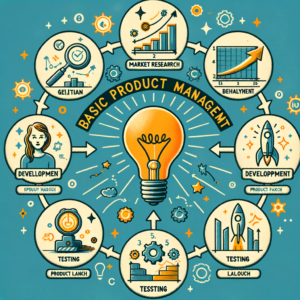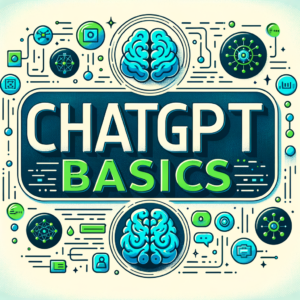Introduction
Product management is a dynamic field that demands creativity, strategic planning, and effective communication. To excel in this rapidly evolving environment, it’s essential to stay updated with the latest tools. This article delves into the trending tools that are reshaping the daily operations of product managers, enabling them to streamline processes, boost collaboration, and drive product success.
Understanding the Product Manager’s Toolbox
Product management tools are vital for effectively managing the product lifecycle. This section provides an overview of the types of tools used in product management and underscores their importance.
Project and Task Management Tools
This section discusses tools like Jira, Trello, Asana, and monday.com highlighting their features for task assignment, tracking, and agile project management. Crucial for organizing workflows and ensuring efficient project milestone achievements, these tools stand as indispensable assets.
We found monday.com as the best one.
Collaboration and Communication Tools
Tools like Slack, Microsoft Teams, and Zoom are transforming how teams communicate and collaborate. This part explores their roles in fostering effective team interactions and enhancing overall productivity.
User Research and Feedback Tools
In this segment, tools such as SurveyMonkey, UserTesting, and Hotjar are covered. They play a significant role in gathering user feedback and conducting market research, essential for user-centric product development.
Data Analysis and Reporting Tools
Tools like Google Analytics, Tableau, and Looker, emphasizing their importance in analyzing product performance and user behavior. These tools provide invaluable insights for data-driven decision-making.

This image was generated using the Discord AI platform.
Roadmapping and Strategy Tools
Tools like Aha!, Productboard, and Roadmunk assist in strategic planning and roadmapping. This section discusses how these tools help product managers in long-term planning and vision setting.
Adapting to New Tools and Technologies
Product managers need to continually learn and adapt to new tools and technologies. This part encourages product managers to stay abreast of emerging technologies to maintain a competitive edge.
Conclusion
In conclusion, the arsenal of advanced tools available to product managers isn’t just about managing tasks effectively; it’s about revolutionizing the way products are conceived, developed, and delivered. Embracing these innovative tools can catapult a product manager’s role from ordinary to extraordinary, driving efficiency, fostering groundbreaking creativity, and steering products towards unprecedented success. By harnessing the power of these tools, product managers can not only streamline their workflow but also become pivotal changemakers in the dynamic landscape of product innovation.
For further insights on launching a career in product management, explore E-learn.guide’s detailed article, “How to Become a Product Manager.“














Great one!